Memphis Residents: Here's What to Do About Mosquitos
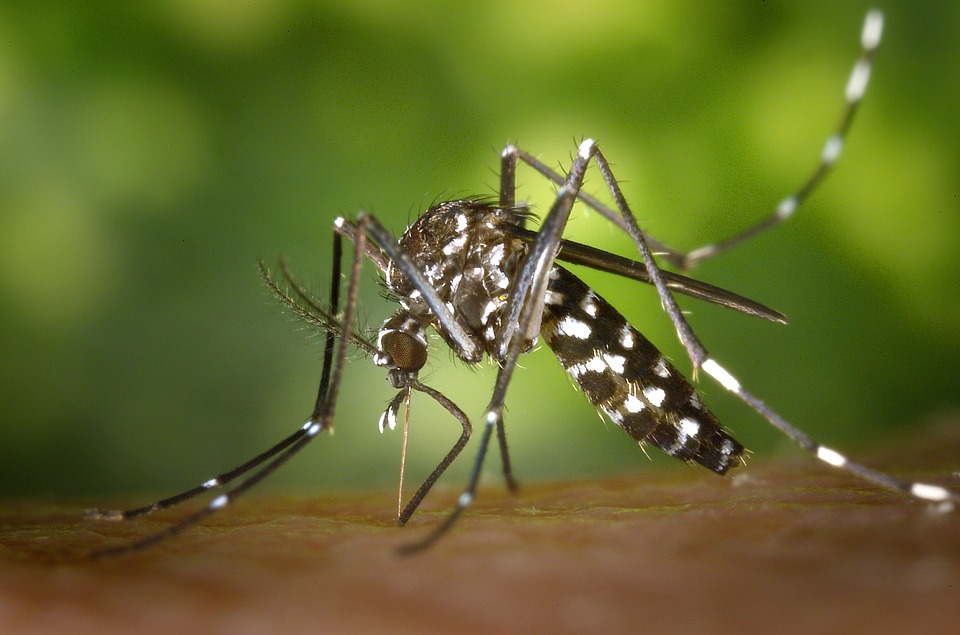
by Brooke Anguiano, LawnStarter Research Analyst
August 14, 2017
The deadliest animal in the world, killing up to one million people per year, lives in your backyard, and Memphians are no stranger to them. The pesky mosquito has a resound reputation for the most annoying part of summer, and unfortunately Memphis has been prime real estate for these pests since the outbreaks of yellow fever in the 17th century. Most all deaths from mosquitoes today happen in Sub-Saharan Africa and are a result of the Malaria virus. Memphis, however, is struggling to keep the West Nile Virus at bay. There have been three cases of West Nile Virus in Shelby county this past spring. In order to make the most of your Memphis summer, here are a few tips on ridding your backyard of mosquitos.
Keep Standing Water Out of Your Yard
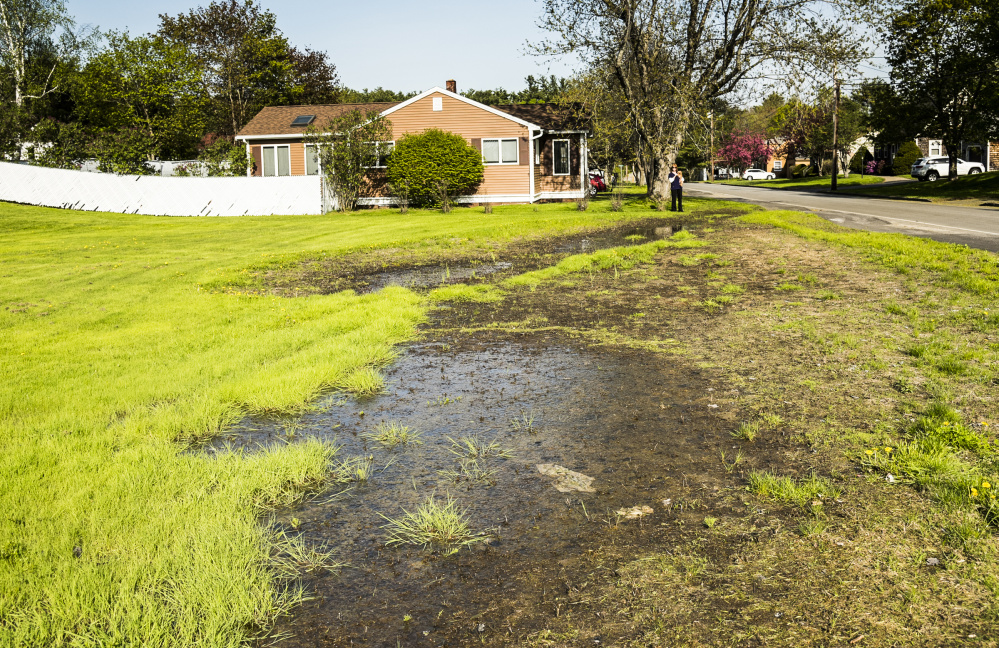
Photo: Source
Mosquitoes flock to standing water, spending their first ten days of life in water. It is very important that after the first large rainfall of spring to start being conscious of standing water.
Some places mosquitos might make their home in:
- Old tires
- Tree holes
- Buckets
- Potted plant saucers
- Plastic covers on hot tub or trampolines
- Bird baths
- Clogged gutters
- Puddles in yard
For ornamental water systems, experts suggest to simply change the water everyday to get rid of possible breeding grounds. Memphis is hot and humid during summers because of the southern winds that bring in moisture from the gulf, making it the, already, ideal place for mosquitoes. The amount of rainfall Memphis receives during spring and summer requires consistent upkeep in discarding standing water.
Plants Can Naturally Repel Mosquitoes
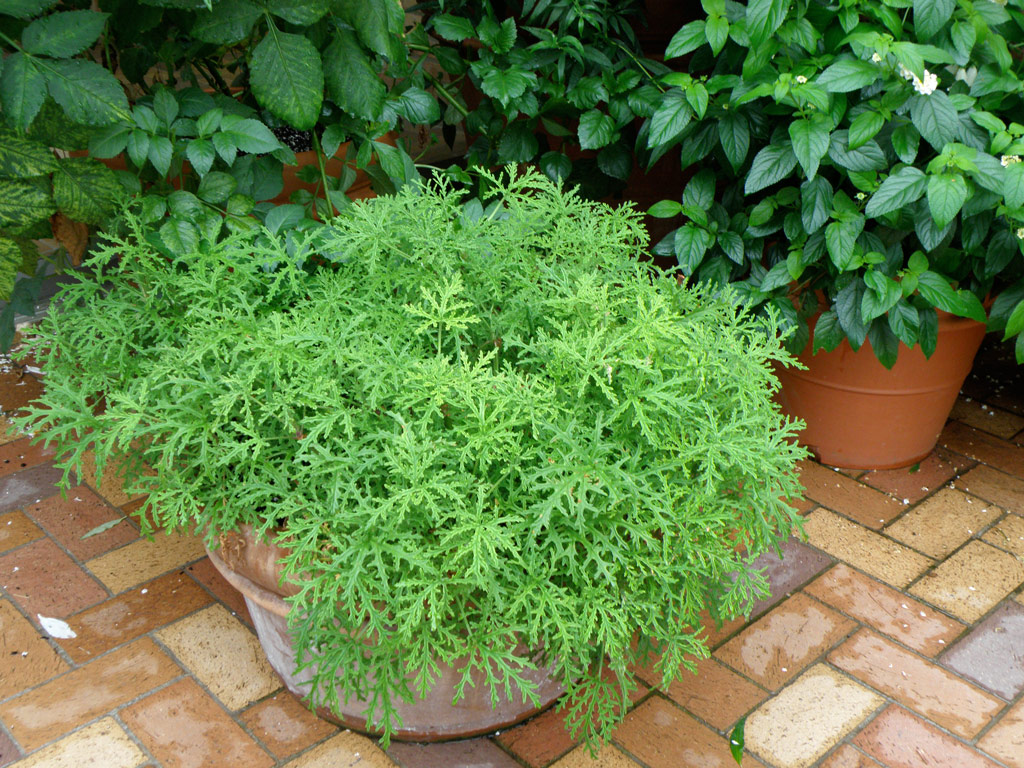
Citronella plant
Photo: Source
There are plants in nature that act as natural repellents to Mosquitoes and would make a great addition to your Memphis garden.
Citronella is a green leafy grass that emits an offensive smell to mosquitoes, masking the smell of surrounding victims. Citronella is a commonly used ingredient in everything from mosquito repellant sprays to scented mosquito-repelling candles. Although these are marketable products, experts say the actual plant is much more effective because it has a much stronger scent.
Catnip is said to be ten times more effective than DEET, the leading chemical listed by the CDC to prevent mosquitoes. This herb is related to the mint herb and like mint grows exponentially in a garden. The herb is known for having intense playful effects on cats, so cats will probably be attracted to your garden if you decide to use this herb.
Marigolds have a very strong scent that mosquitoes do not come near. The plants are so potent in fact, some humans are also repulsed by the smell. These plants are more decorative than the two above and their flowers can attract wasps. Marigolds repel insects that are predominantly attracted to tomatoes as well, so for gardeners, they can be a life-saver.
Some other herbs and plants that keep mosquitoes away are rosemary, lemon balm, lavender, basil, and lemongrass. Any plants that are specifically water plants are a wonderful place for mosquitoes to lay their eggs. Things like water lilies, Taro’s elephant leaves, and water lettuce are sure to attract more mosquitoes, so it is best to avoid those plants in your lawn.
Keeping the Lawn Mowed
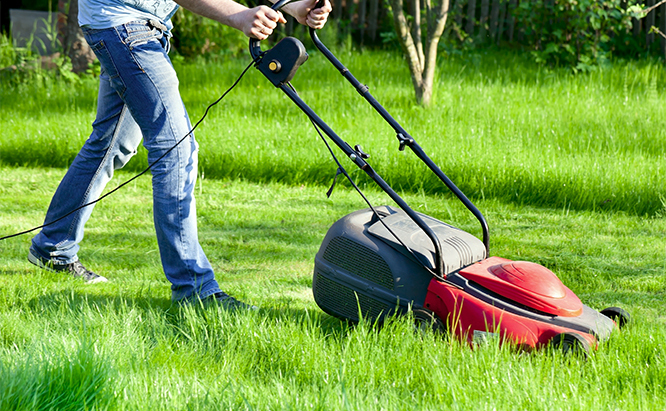
Photo: Source
Maintaining your lawn throughout the summer is key to preventing mosquitoes from hanging out in yards. While mosquitoes flourish in the heat, they are actually vulnerable to overheating and can suffer severe dehydration if exposed to too much sun. This is why mosquitoes usually come out at night to feed on victims. Overgrown grass is the best environment for mosquitoes to hide out in during the day because of the available shade and moisture. Lawn experts recommend mowing the lawn about once a week during the summer to prevent any critter or insect from making an extended stay. Female mosquitoes feed on blood in order to gain protein needed to lay their eggs, but male mosquitoes only feed on the nectar from plants. An excess of flowers will attract mosquitoes to the nectar.
Keep the lights to a minimum
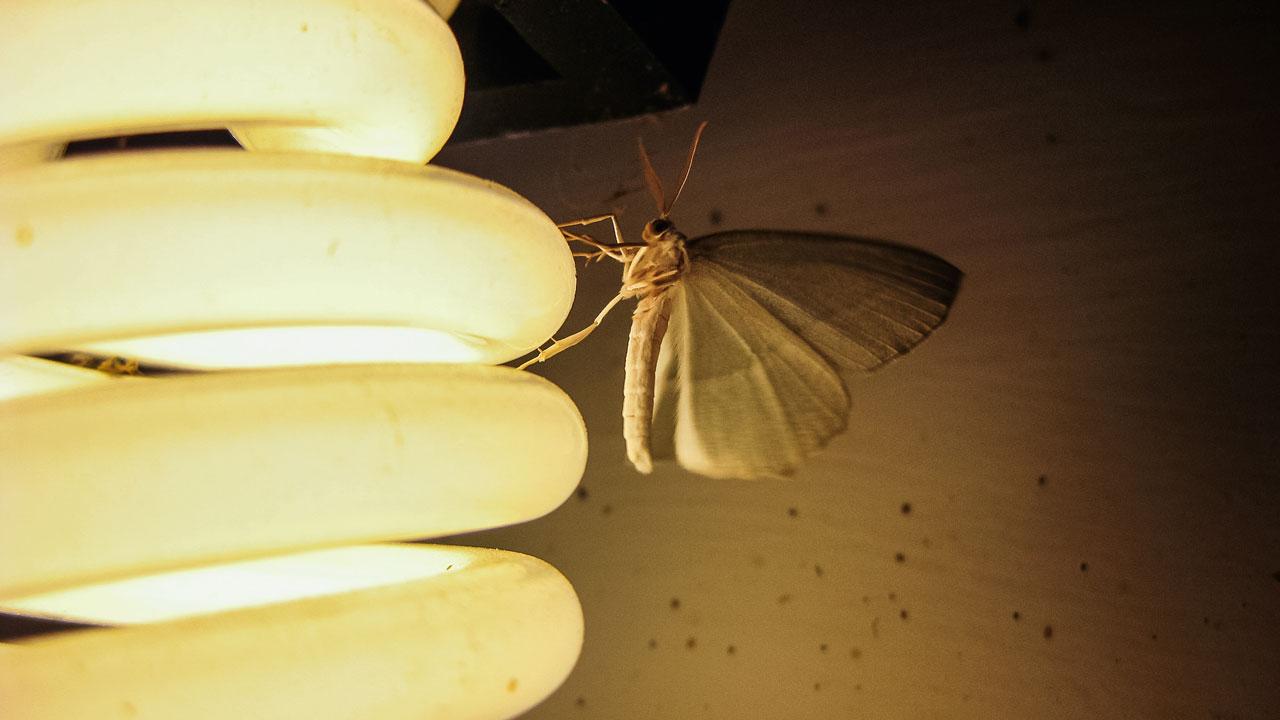
Photo: Source
Artificial lighting brings in a multitude of flying insects including mosquitoes. Because mosquitoes come out at night, it is important to have as few artificial lights as possible. An alternative to artificial lighting is to go for a more natural lighting, like tiki torches or lanterns. There are less attractive bulbs that you can opt for as well. Fluorescent lighting will attract the most bugs to its illumination, but experts say the yellow LED bug light might be the best option for a decrease in flying insects.
The first ‘mosquitoes’, having very few biological differences from the modern day mosquito, date back 46 million years ago. To put that in perspective, our primitive ancestors date back six million years ago. So while it is plausible that Earth has and will always be a wet paradise for mosquitoes to mate in, it is possible to keep them as far from your home as possible.
Have more questions abot lawn care? Visit our Memphis lawn care page for more information.
Top Photo: TN.Gov
Areas we service near Memphis